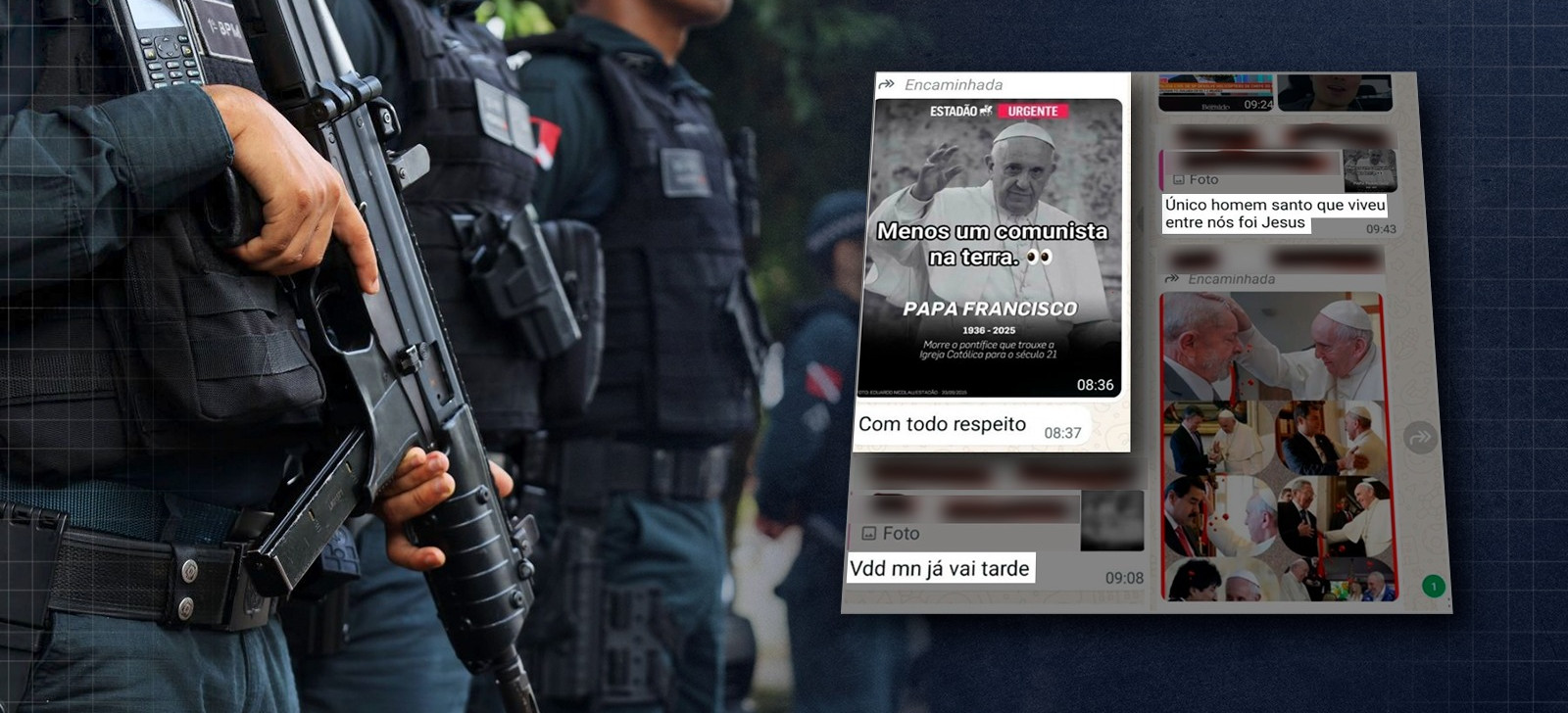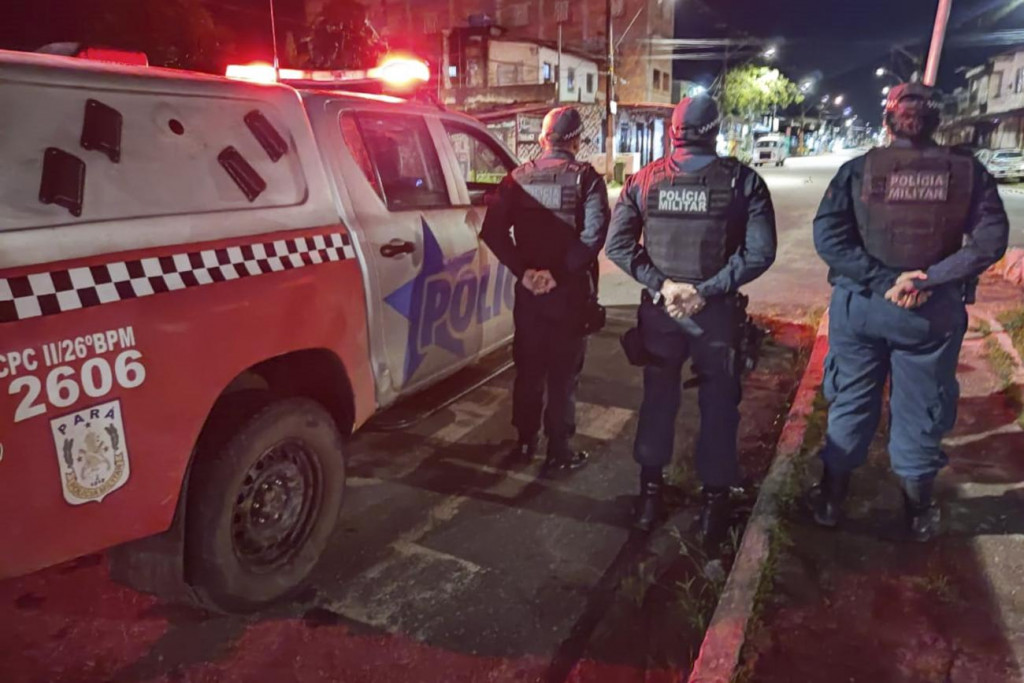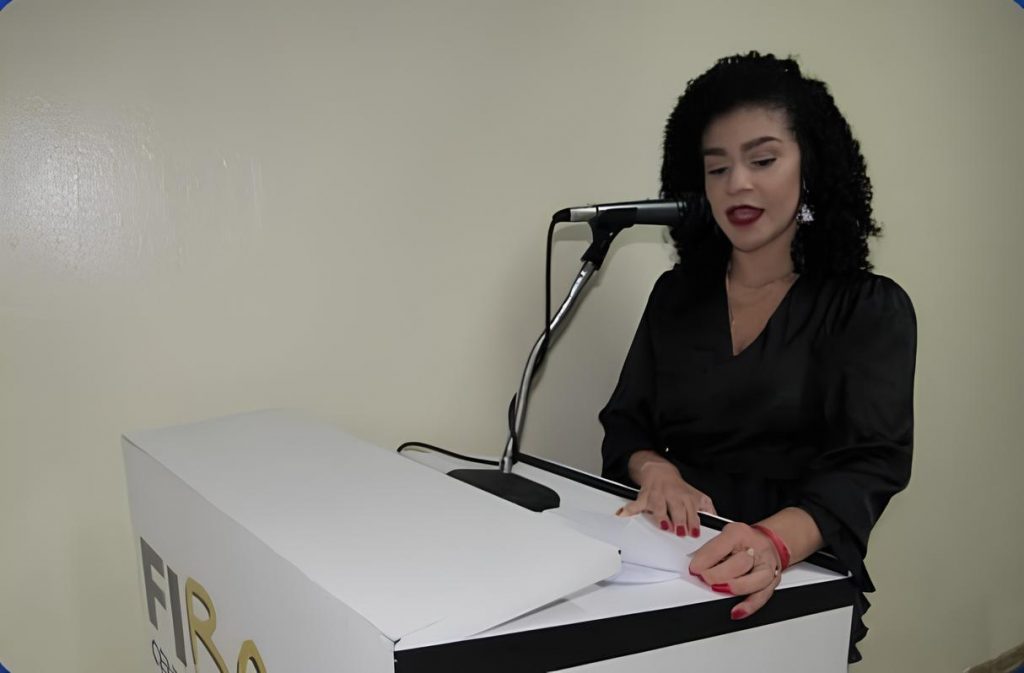‘One less communist’: Internal Affairs of COP30 State to investigate police officer’s statement about the pope
23 de April de 2025

By Fabyo Cruz – From Cenarium
BELÉM (PA) – The Internal Affairs Division of the Military Police of Pará (PM-PA) reported that it will initiate an administrative investigation to identify the military police officer who sent a message in a WhatsApp group, stating “One less communist on Earth” after the death of Pope Francis, which occurred on Monday, the 21st.
The statement was made in an internal military channel and gained attention after screenshots were leaked, along with the response: “True, bro, he was long overdue.” The corporation stated, in a note, that it does not condone misconduct by its agents.
In the images, the officers also share photos of the pope alongside political leaders, such as President Luiz Inácio Lula da Silva, as well as other heads of state. In another part of the messages, one participant states: “The only holy man who lived among us was Jesus.”

“The Military Police informs that the Internal Affairs Division of the Corporation will conduct an administrative investigation to identify the officer responsible for the messages and will initiate an administrative process. The PM also emphasizes that it does not condone misconduct by agents,” says the PM-PA note.
Implications
Attorney Isabella Luz explains that military police officers are subject to a specific legal regime that requires impeccable conduct, respect for hierarchy, and preservation of the institutional image of the corporation, even outside working hours. According to her, the Disciplinary Regulations of the Military Police of the State of Pará (RDPM/PA) foresee sanctions for public statements that violate ethics, the dignity of the role, or the decorum of the uniform.
“Celebrating the death of a globally prominent religious figure with disrespectful and politicized terms can be interpreted as a serious breach of the ethical duties of public service,” the attorney states. Among the potential penalties are: warning, reprimand, disciplinary detention, or even expulsion from the corporation, through a disciplinary administrative process (PAD).

The legal expert emphasizes that although those involved may claim freedom of speech, this right is not absolute — especially when it exceeds the bounds of respect for human dignity or incites intolerance. Depending on the exact content of the messages, crimes such as desecration of the memory of a deceased person, insult, defamation, glorification of crime, or hate speech may also be considered.

In addition to administrative and criminal spheres, those involved may also be held civilly liable for collective moral damages, especially if the conduct compromises the image of the Military Police before society. “Public trust in the institution is a legally protected asset, and actions by state agents that jeopardize it can result in obligations for reparation and more severe institutional disciplinary measures,” she adds.
Finally, the attorney states that even in virtual and supposedly private environments, such expressions can result in serious legal consequences. “Public service requires conduct compatible with the institutional responsibility assumed by its agents — including in the digital environment. Investigating the facts, while respecting due process and the right to a defense, is essential so that appropriate measures can be taken in accordance with the legal and disciplinary principles that govern military activity,” she concludes.

